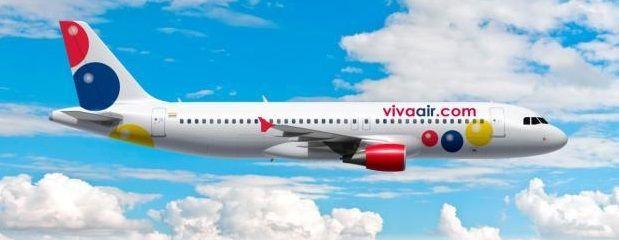
Low-cost startups often begin with older aircraft to minimize investment. But older aircraft are maintenance-hungry and can limit programs. So successful LCCs may move toward newer jets to keep MRO costs and downtime low.
That appears to be the course at Latin America’s Viva Air Group, one of the fastest growing LCCs in the region. Viva flies eight older Airbus A320ceos, averaging 17 years of age, and 15 new ceos. The older ceos will be phased out in 2020-21, and the A320neos will begin delivery in June, continuing thorough 2023 until a total fleet size of 50 is reached.
For airframe maintenance, the carrier works under a block maintenance program, with main packages including light checks, C checks and structural checks. The last two heavy checks, Cs and structural checks, are outsourced to an external MRO. All other airframe maintenance, such as line and out-of-phase tasks, is done in-house. “We perform line maintenance, any maintenance that ensures aircraft airworthiness but does not require specialized equipment, procedures or facilities,” explains a spokesperson.
Viva managers are now working with local regulators to update their maintenance program to exploit the greater reliability of its newer A320s, which reduces risks of findings and non-routine events during inspections and improves aircraft availability. Viva seeks to move to an equalized maintenance program in which all tasks will be done out of phase and thus will not require taking aircraft in for heavy checks.
“This project is expected to be effective in 2020, and an analysis for every task is being performed to identify specifically which tasks need to be executed by a third party-MRO or a joint-venture maintenance agreement,” the spokesman explains. Tasks for which Viva has sufficient maintenance facilities will be done in-house.
The airline will likely add maintenance staff, locations and facilities in the next five years as new aircraft arrive, but it does not yet have a set plan for these expansions. One question is the destination opportunities for its two operating airlines, Viva Air Colombia and Viva Air Perú.
The Group will be taking more than eight aircraft per year for the next four years and thus faces a challenging recruiting process for new mechanics. To meet these challenges it will use local trainers and tap experienced staff around wider aeronautical market.





